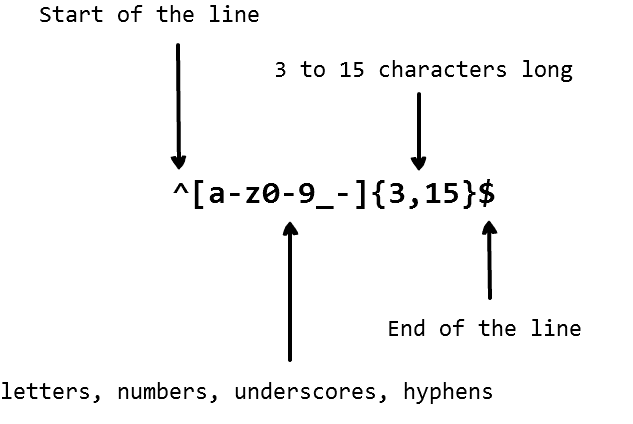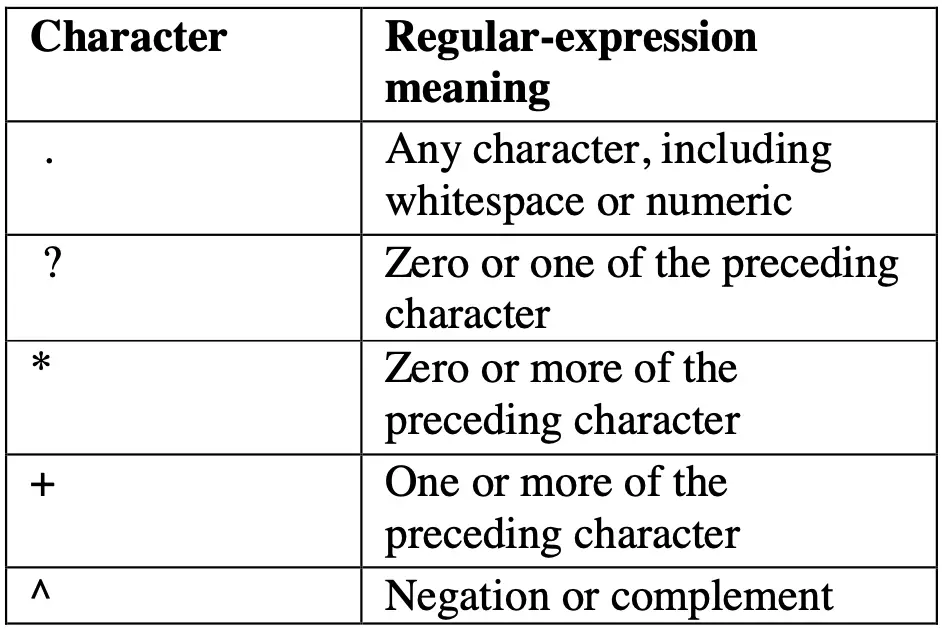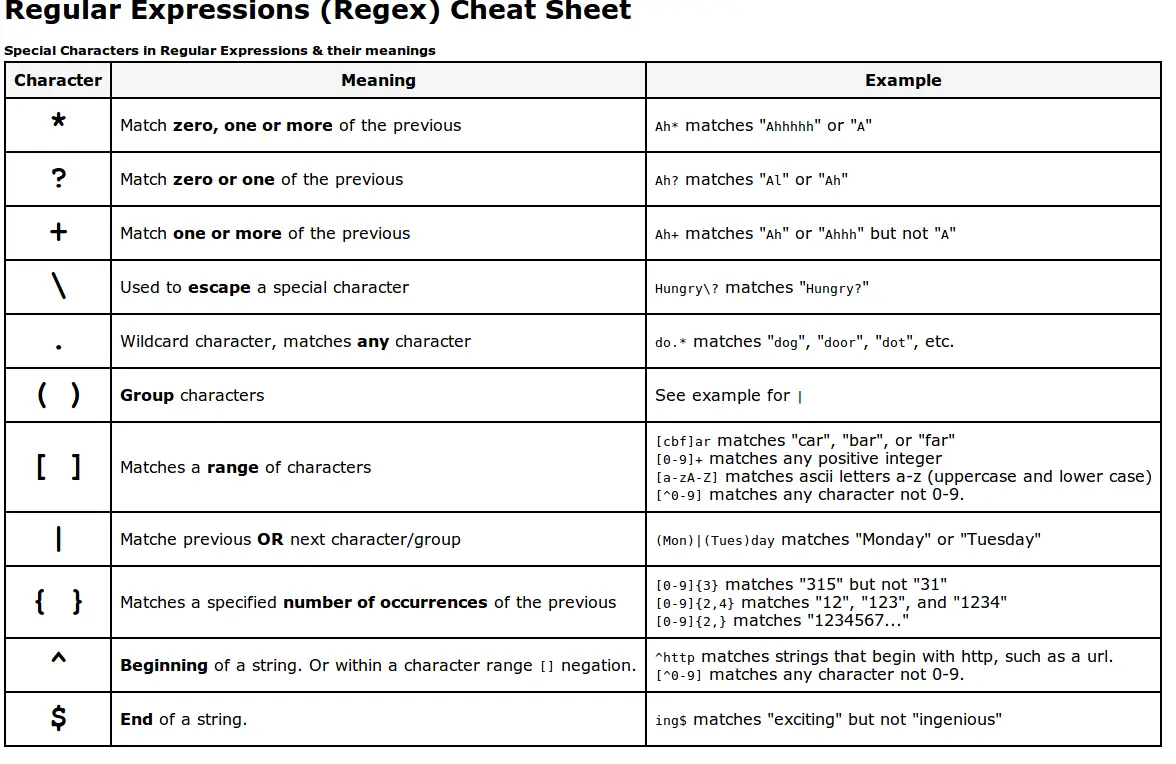Regular Expression Regrets: Avoiding Pitfalls In Pattern Matching

Executive Summary:

Regular expressions, with their power to find and manipulate strings, are a cornerstone of programming. They provide an efficient way to work with complex data, but their flexibility can be a double-edged sword. This article examines some of the common pitfalls associated with regular expressions and offers practical advice to avoid them.

Introduction:
In the realm of programming, regular expressions are the unsung heroes, quietly working behind the scenes to find and manipulate strings. Their strength lies in their ability to handle complex patterns, making them an indispensable tool for tasks like data validation, text processing, and algorithmic problem-solving. However, like any powerful tool, regular expressions can also be a source of frustration and wasted time if not approached with caution. In this article, we’ll explore the common pitfalls that programmers face when working with regular expressions and provide guidance on how to avoid them.
FAQs:
-
What are the common pitfalls associated with regular expressions?
- Overuse and unnecessary complexity
- Ignoring edge cases and special characters
- Failing to test and validate patterns
- Assuming regularity where there is none
-
How can I avoid these pitfalls?
- Keep patterns simple and focused on the task at hand
- Consider all possible inputs, including edge cases
- Thoroughly test and validate patterns before using them in production code
- Use tools and libraries to assist with pattern creation and validation
-
What are some best practices for writing effective regular expressions?
- Use anchors (^) and delimiters ($) to specify the beginning and end of matches
- Use character classes ([ ]) and quantifiers ({ }) to define ranges and repetitions
- Escape special characters () to avoid conflicts with pattern syntax
Subtopics:
Overuse and Unnecessary Complexity:
Regular expressions are powerful, but they should not be used as a substitute for code. If a simple string comparison or a built-in string function can accomplish the task, avoid using a regular expression. Unnecessary complexity can lead to performance issues and make the code harder to maintain.
- Focus on writing patterns that are specific to the task at hand
- Avoid using complex constructs or obscure syntax
- Use named capturing groups to improve readability and maintainability
Ignoring Edge Cases and Special Characters:
Regular expressions work best when the input data follows a predictable pattern. However, real-world data is often messy and unpredictable. Ignoring edge cases and special characters can lead to unexpected results, such as false matches or missed patterns.
- Anticipate and handle edge cases, such as empty strings, whitespace, and special characters
- Use negative lookahead and lookbehind assertions to exclude unwanted matches
- Consider using case-insensitive matching to handle different character cases
Failing to Test and Validate Patterns:
Regular expressions are notoriously difficult to test and validate, especially complex patterns. Failing to do so can lead to subtle bugs that can be difficult to track down.
- Write unit tests that check for both valid and invalid input
- Use online tools or libraries for pattern testing and validation
- Perform thorough manual testing with a variety of input data
Assuming Regularity Where There is None:
Regular expressions work best when the input data follows a regular pattern. However, not all data is created equal. Assuming regularity where there is none can lead to incorrect matches and false positives.
- Use non-greedy quantifiers to avoid matching more than necessary
- Consider using probabilistic or fuzzy matching techniques for data that is less predictable
- Use multiple patterns or a combination of regular expressions and other techniques to handle complex inputs
Conclusion:
Regular expressions are a powerful tool, but they can also be a source of frustration and wasted time if not approached with caution. By understanding the common pitfalls and following the best practices outlined in this article, you can avoid these pitfalls and harness the power of regular expressions to improve your code and boost your productivity.
Keywords:
- Regular expressions
- Pattern matching
- Pitfalls
- Best practices
- Performance
